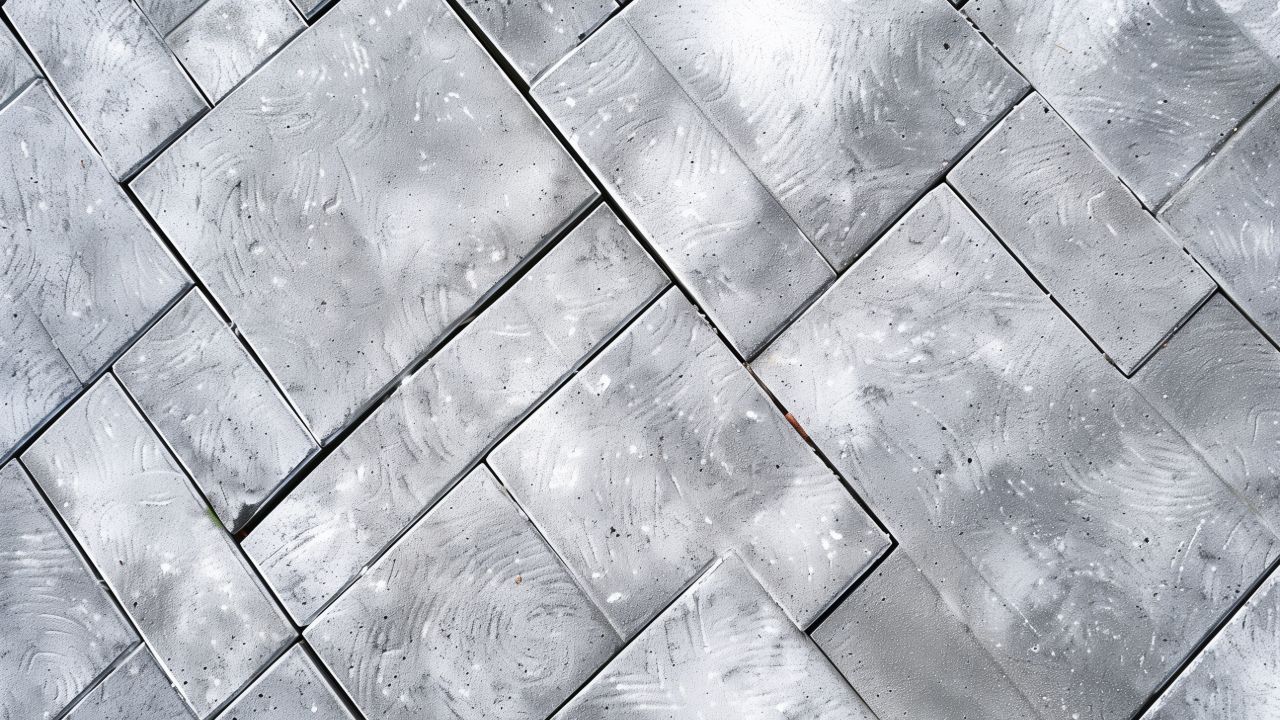The Fundamentals of Landscaping Supplies
When embarking on any landscaping project, understanding the fundamental supplies is crucial for achieving a beautiful garden. One of the first considerations is soil, which serves as the foundation for all plant life. There are various types of soil—clay, sandy, silt, and loam—each with distinct properties that influence their suitability for different plants. Clay soil, for instance, retains water well but may require amendments for better aeration, while sandy soil offers excellent drainage but may need organic matter to improve nutrient retention. Knowing the type of soil in your garden can help you make informed decisions about amendments and plant selection.
Mulch is another essential component in landscaping. It plays a pivotal role in maintaining soil moisture and temperature, reducing erosion, and preventing weed growth. Organic mulches, such as bark, compost, and straw, decompose over time, adding nutrients to the soil. Inorganic mulches, like gravel or landscape fabric, are more durable and require less frequent replacement. Choosing the right mulch for your garden can significantly enhance plant health and reduce maintenance efforts.
Fertilizers are critical for providing plants with the nutrients they need to thrive. There are various types of fertilizers, including organic options like compost and manure, and inorganic ones such as synthetic granules and liquid feeds. Organic fertilizers improve soil structure and microbial activity, while inorganic fertilizers offer precise nutrient formulations for specific plant needs. Understanding the nutrient requirements of your plants and the characteristics of your soil will guide you in selecting the most effective fertilizers.
Equally important are the tools used in gardening and landscaping tasks. Shovels are necessary for digging and moving soil, while rakes help in leveling soil and gathering debris. Pruners are indispensable for trimming and shaping plants, ensuring their healthy growth. Investing in high-quality tools can enhance efficiency and reduce the physical strain of gardening tasks.
Finally, the selection of quality seeds or plants is fundamental to a successful garden. It is important to choose varieties that are well-suited to your garden’s climate and soil type. Healthy, disease-resistant plants will establish more quickly and require less ongoing care. Consulting local nurseries or extension services can provide valuable insights into the best choices for your specific gardening conditions.
Advanced Landscaping Supplies for Enhanced Garden Design
Advanced landscaping supplies can significantly elevate the aesthetics and functionality of any garden, transforming it into a true visual and sensory delight. Among these supplies, decorative stones and gravel are paramount. These materials are not only visually appealing but also practical. Decorative stones and gravel can be used to create elegant pathways, guiding visitors through the garden while accentuating the natural beauty of surrounding garden beds. Varieties such as pea gravel, crushed stone, and river rocks offer diverse textures and colors, allowing for creative design possibilities.
Efficient water usage is crucial in maintaining a healthy garden, and modern irrigation systems offer an excellent solution. Options such as drip irrigation and sprinklers ensure that plants receive the right amount of water without wastage. Drip irrigation systems, in particular, deliver water directly to the plant roots, reducing evaporation and promoting optimal growth. Sprinkler systems, on the other hand, can cover larger areas and are suitable for lawns and expansive garden spaces. These systems not only conserve water but also save time and effort in garden maintenance.
To control weeds and stabilize soil, landscape fabric proves to be an indispensable tool. This permeable material allows water and nutrients to reach plant roots while effectively suppressing weed growth. By using landscape fabric, gardeners can maintain a neat and tidy appearance in their gardens and reduce the time spent on weeding.
Defining garden borders with the right edging materials enhances the garden’s overall structure and organization. Edging materials such as plastic, metal, or stone can be selected based on aesthetic preferences and functional needs. Plastic edging is flexible and easy to install, metal edging offers durability and a sleek look, and stone edging provides a natural and robust appearance. These materials help to delineate garden areas, preventing soil erosion and creating a polished finish.
Outdoor lighting plays a crucial role in enhancing the garden’s beauty during nighttime. Solar lights and LED options are energy-efficient and environmentally friendly, illuminating pathways, highlighting key features, and creating an enchanting ambiance. Well-placed lighting can transform a garden into a magical space, extending its usability into the evening hours.
Incorporating garden ornaments and furniture adds an extra layer of comfort and visual appeal. Statues, bird baths, and garden benches not only serve as focal points but also provide functional value. Garden furniture, such as tables and chairs, allows for relaxation and socializing, making the garden a versatile and enjoyable outdoor living space.

